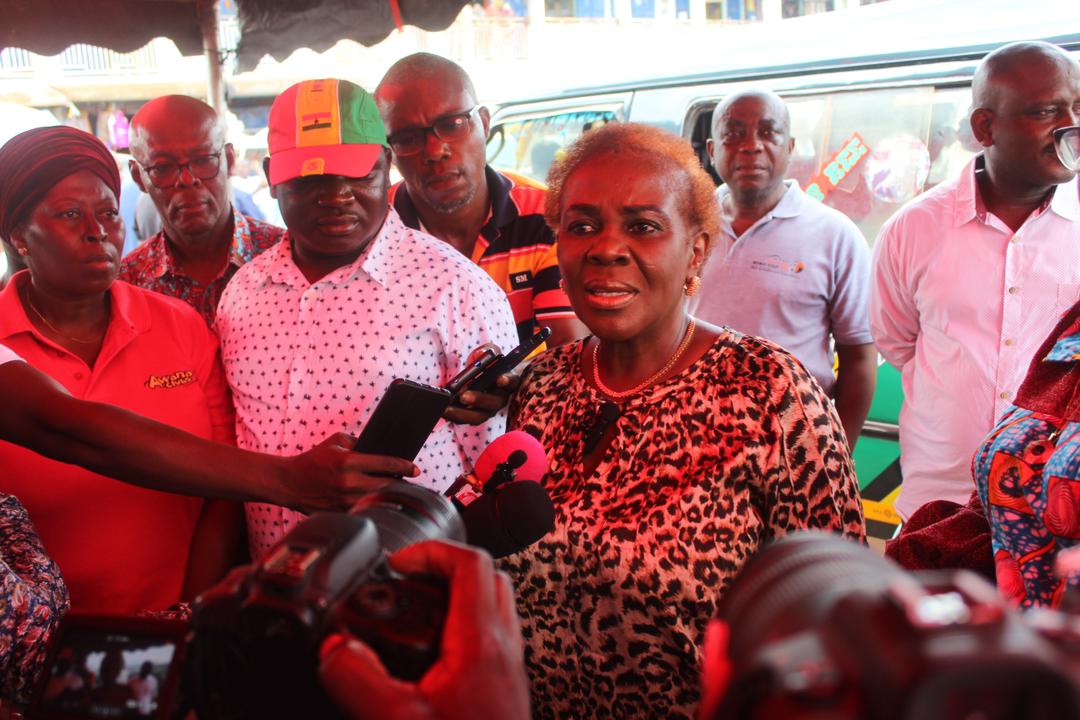
A four-day regional workshop on effective approach to combating money laundering begun in Accra yesterday.
Organised by the Inter-Governmental Action Group Against Money Laundering in West Africa (GIABA), Financial Intelligence Centre (FIC) and other partners, the workshop is to build the capacity of member states to identify money laundering and terrorism financing risks they are exposed to and mitigate them.
It is being held on the back off identified weaknesses in the anti-money laundering and counter-terrorism financing (AML/CFT) supervisory regime of member countries during the second round evaluation of preventive measures.
Participants included representatives from Ghana, Liberia, Gambia, Sierra Leone, Nigeria, as well as resource persons from the International Monetary Fund (IMF).
In a speech read on his behalf at the opening session yesterday, Governor of the Bank of Ghana (BoG), Dr Ernest Addison, said conflicts in regulatory requirements, controls and awareness created loopholes for money launderers to find new outlets for illicit money.
This, he explained, required international cooperation and efforts towards harmonisation of AML/CFT principles and methodologies to improve international financial system integrity.
He said Ghana, in 2016, published its revised National Risk Assessment report which provided high level money laundering threats and vulnerabilities and led to the development of a national AML/CFT strategy that prioritised supervisory and enforcement actions.
Additionally, the BoG had adopted a Risk Based Approach in its supervision work for banks with technical assistance from the IMF and further developed a matrix to generate institutional ratings for inherent risks, risk mitigation and residual risks, Dr Addison stated.
This year, the BoG, he said, had introduced another AML/CFT framework which was in line with the Financial Action Task Force (FATF) supervisory requirements on off-site and on-site supervision of savings and loans companies.
He explained that the framework was to help to monitor the risk profile of all institutions licensed by the BoG, the adequacy of their money laundering, terrorism financing, risk assessment, risk management systems and compliance with their AML/CFT obligations.
Mr Mu'azu Umaru, Director of Policy and Research, GIABA, said the workshop was to equip the participants with the technical skills to train their respective countries on effective risk based AML/CFT supervision and institute proactive risk control measures to strengthen the stability of the financial system in the region.
He stated that although countries were implementing comprehensive AML/CFT measures, assessment of reports indicated that substantial deficiencies, including weak regulatory regime which had negative consequences for regional efforts to counter money laundering and terrorist financing.
The provision of technical support was to strengthen AML/CFT regulatory regimes and adopt risk-based approach to AML/CFT supervision.
Chief Executive Officer of FIC, Kwaku Dua, noted that the frequency and intensity of onsite and off-site AML/CFT supervision of the respective sectors was key to robust AML/CFT regime.
He said the workshop would sharpen the supervisory skills of participants to undertake effective offsite and onsite inspections to address the deficiencies identified during the mutual evaluation exercise.
Read Full Story






Facebook
Twitter
Pinterest
Instagram
Google+
YouTube
LinkedIn
RSS